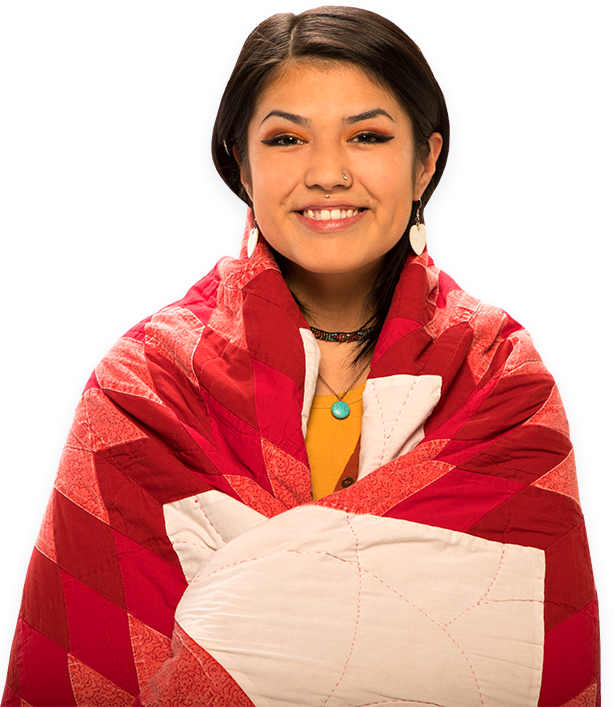Safe
- Vaccines do not contain the disease they are protecting you against
- A person is far more likely to be seriously harmed by getting a disease than by being vaccinated for it
- Even after a vaccine is approved and recommended for use, their safety and effectiveness are continuously monitored
Proven
- Most vaccines are researched and tested for 10–15 years before being approved
- Flu vaccines are changed each year to be as effective as possible, but always contain the same basic ingredients
- The process of creating vaccines is supported by all major health organizations, including the IHS, the Centers for Disease Control and the American Academy of Pediatrics
Effective
- 4 million deaths are prevented worldwide by childhood vaccinations every year and several diseases have been completely or nearly eliminated due to vaccines
- In a 2021 study, adults who got flu vaccinations had a 26% lower risk of being admitted to the ICU and a 31% lower risk of death
- According to the CDC, most recommended childhood vaccinations are 90%–100% effective
Waun'sila
Wuan’sila is one of our core values. Our culture calls on us to have compassion for each other, especially in times of need. In recent years, fear and falsehoods have prevented too many people from doing their part to protect each other — and that means getting vaccinated is more important than ever.
Get the Facts
For hundreds of years, vaccines have been protecting us by preventing infection or reducing diseases' severity. Get the facts on common questions about vaccines, their benefits and their safety.
What do vaccines do?
Vaccines train your immune system, helping your body learn how to defend itself from diseases without the dangers of infection. Vaccines do not make you sick, cause the disease or put you at risk of its symptoms or complications.
What is the DTaP vaccine?
The DTaP vaccine protects against diphtheria, tetanus and pertussis. These diseases can cause severe complications like breathing issues, nerve damage, intense coughing and even death. The vaccine is essential to protecting the community’s health, especially for young children.
What is the MMR vaccine?
The MMR vaccine provides protection against measles, mumps and rubella. Children should get two doses of this vaccine, starting with the first dose at 12–15 months, then a second dose at age 4–6. Teens and adults can also get the vaccine if they did not as a child, with the first and second doses separated by at least 28 days.
Are vaccines safe?
Vaccines are studied through a long, strict system of tests before being approved for use. They have helped us eliminate or nearly eliminate serious illnesses and are received by millions of people each year. If you have questions about the safety of vaccines or if you, a child or family member has health complications, discuss them with your doctor first.
Do vaccines cause autism or other conditions or disorders?
No link between vaccines and autism has been found after many scientific studies. The possible side effects of most vaccines last for a short period of time and are almost always limited to minor symptoms, like soreness, fatigue and dizziness.

STRENGTH IN NUMBERS
Safety of Vaccines Used for Routine Immunization of US Children: A Systematic Review. Pediatrics, Maglione et al. (July 1, 2014)
The South Dakota Department of Health supplies childhood vaccines for children eligible for the federal Vaccines for Children Program. The following conditions apply to eligible children: 1) You cannot be charged for the vaccine; 2) The provider may charge an administration fee but the fee must be waived if you cannot pay; and 3) You may be required to pay an office visit fee to receive the vaccine.

